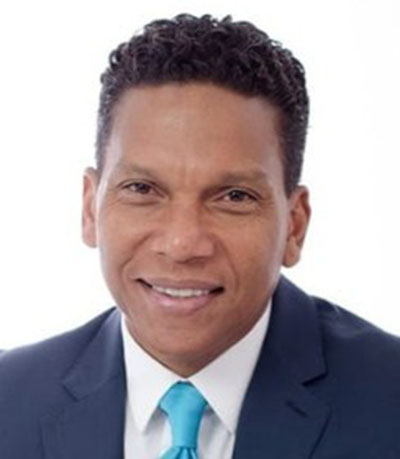BRIDGETOWN, Barbados, CMC – Former high-level cricket executive, Chris Dehring, says a heavy financial hit for Cricket West Indies is inescapable, as the coronavirus pandemic continues to wreak havoc on the global sporting calendar.
The Caribbean governing body is facing the prospect of having to cancel money-spinning home tours against South Africa and New Zealand between July and August, and with the Test tour of England scheduled for June also in doubt, revenues are expected to dwindle significantly.
Dehring, a former chief marketing executive of CWI (then West Indies Cricket Board) and chief executive of Cricket World Cup 2007 staged in the Caribbean, said in light of the significant impact of the pandemic, he anticipated “stress and strain” for the already embattled board.
“I don’t know the details of Cricket West Indies’ financial structure now but they have accumulated debt,” Dehring told Starcom Radio’s Best and Mason cricket show here.
“They are dependent on television rights and so on and everything will still look good on paper if you’ve signed a television rights agreement but if that series does not get played, what happens?
“So we’re about to see a true test of the sort of insurance policies that several people have taken out over the years for protection of television rights. It’s going to be an interesting scenario, a very challenging scenario for even Cricket West Indies because you do have a global scenario.”
COVID-19 has also already infected 2.7 million people globally and caused 190 000 deaths. Critically, it has forced lockdowns in all major nations, resulting in the widespread closure of businesses and massive job losses.
Already, analysts have projected a US$2.7 trillion loss for the global economy, especially with no end in sight to the deadly pandemic.
Dehring, the current co-chief executive officer of Ready TV in Jamaica, said unlike other cricket boards, CWI did not possess large reserves and would be therefore particularly vulnerable.
“There’s a strong chance the world economy won’t recover in the next 12 to 18 months and so if you are expecting certain levels of income [this will not be possible], and some of these advertisers that television broadcasters would have been dependent on [will be slashing budgets],” the Jamaican explained.
“So even Cricket West Indies is going to come under a lot of stress and strain – I can’t see how they escape that. Obviously the boards of England and Australia, India – they have reserves. That’s the benefit of having massive prior years of television rights [revenue].
“Cricket West Indies, as far as I remember, don’t have those kinds of reserves so it’s going to be an extremely nerve-wracking time between now and when those events are played – if they are played and what revenues are generated from them.”
CWI chief executive, Johnny Grave, recently acknowledged that the COVID-19 presented a unique challenge to the board’s finances, pointing out that world cricket was facing “unprecedented times”.
He said CWI had not yet taken any decision on the scaling back of operations but if faced with a scenario where no cricket was played for the remainder of the year, there would be “significant reductions of all of our costs and salaries, and our players, staff and officials are clearly all part of that”.






